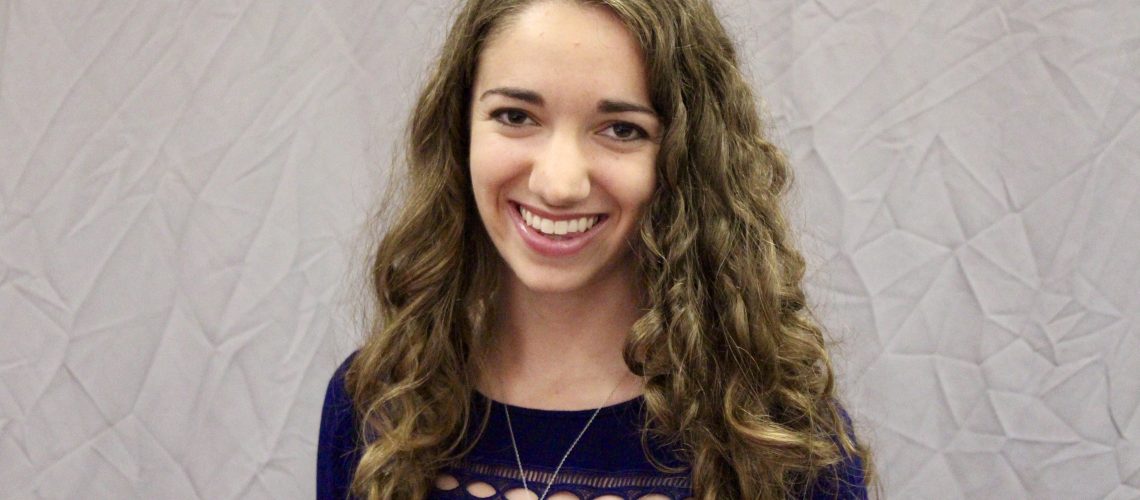Almost a year ago, I was in Israel with strangers who quickly became friends, as Israel trips always go. We were s itting in our hotel room in Jerusam, and somehow the topic came up of whether we, a group of North American Ashkenazi Jews, were White.
itting in our hotel room in Jerusam, and somehow the topic came up of whether we, a group of North American Ashkenazi Jews, were White.
It was a thought that was new to some of us, but to others of us was a question that had plagued us for years. For others still, the answer was clear. Some argued adamantly that we are not White because our history includes not cultural dominance and colonialism, but rather oppression and discrimination (even recent history, as the Holocaust was a racial genocide); others strongly believed that because we benefit from white privilege, we must be considered White. I personally consider myself, an Ashkenazi Jew, to be an “invisible minority” and “White-passing”; in other words, a fancy way of not answering the question.
The question still remains an active conversation among us today. Many of us refer to those hours in our hotel room in Jerusalem as the beginning of an identity crisis. We still do not know what box to check when forms ask for our race or ethnicity, we still send each other articles when the topic is brought back to our attention, and the question still plagues our thoughts.
But it doesn’t matter anymore. Whether or not I identify as a White person ceased to be a problem in the early hours of November 9th of this year. With tears streaming down my face, it finally hit me that the future — my future — is unknown. The possibility of me benefiting from white privilege shot up exponentially; yet at the same time, so did the possibility of experiencing marginalization due to my ethnicity.
My history is one of oppression, exile, genocide, and other atrocities. My present consists of a complex (and often confusing) combination of white privilege, marginalization, and exclusion. My future is unknown.
As an intersectional feminist, I do not feel as though my Jewish identity is included in safe spaces and supposedly open communities. My experiences with intersectionality exclude Judaism from these circles; modern anti-Semitism and discrimination are ignored perhaps because we (not all, but some) benefit from white privilege. But they remain a problem for us — ask any Jew on a university campus and they will rattle off a list of times that they did not feel comfortable being openly Jewish.
As a liberal Zionist, I feel as though I cannot be completely myself in either progressive or pro-Israel circles, because no matter where I am, one of the causes I care so passionately about is considered taboo. My Zionist and Jewish identities are alienating in feminist circles, while my progressive ideologies are regarded with contempt among my Zionist peers.
So it doesn’t matter whether I identify as White, because however I decide to label myself will not change the ways in which I perceive the world and the world perceives me. I will continue to face marginalization. I will continue to be the victim of anti-Semitism. I will also continue to be privileged because of the color of my skin.
In light of recent events, my university has held many events showing support for minorities on campus. As the student president of my university’s Hillel, I feel a certain responsibility to be at these events — both as a representative of a minority group, and as a person who has the ability to support others facing marginalization and oppression on our campus, the place we are supposed to feel most at home.
In order to be an advocate, I must move beyond labels and recognize my own privilege and oppression. I will fight to be recognized in intersectional circles alongside the fight for the rights of other marginalized groups. I will advocate for Israel with the same energy and passion that I will advocate for progressive policies. I will continue in the struggle against anti-Semitism at the same time that I will fight against Islamophobia. My identities and passions shape who I am, and nothing is going to change that. It is important, now more than ever, to fight for and with each other. Let our different identities bring us together, not tear us apart.
As an Ashkenazi Jew, I experience both white privilege and ethnic marginalization. My experiences exist not in a vacuum, but in a complex web of history, politics, and socialization. Right now, these are clouded by fear and uncertainty. I do not know where the next four years will lead, for myself or for my peers. But I do know this: I will not stop fighting. My friends who hold queer, Hispanic, undocumented, Black, Muslim, and other marginalized identities need not fear abandonment, for I am in a unique opportunity to use both my white privilege and my experiences of being part of a marginalized minority group to fight against oppression — and I intend to do just that.
Originally published on the Times of Israel, December 6, 2016. http://blogs.timesofisrael.com/why-it-no-longer-matters-whether-jews-are-white/

